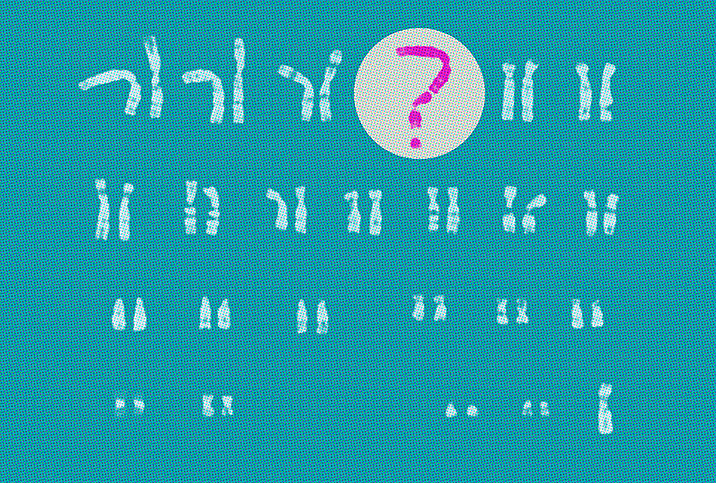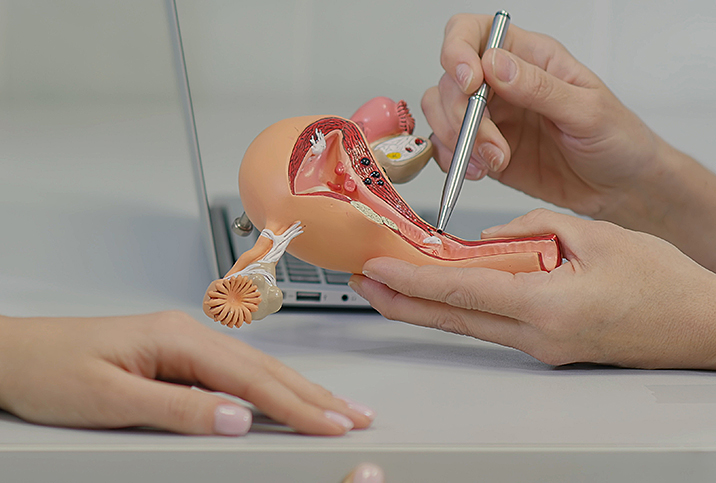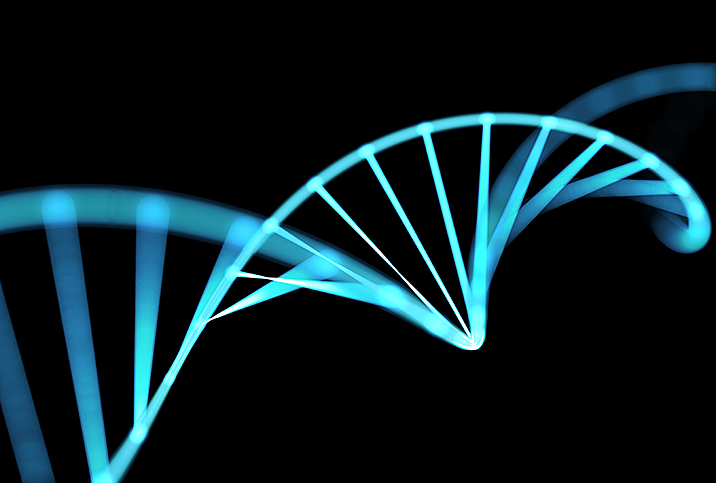Genetic Testing for Cancer Risk: Know the Pros & Cons

Advances in medical technology have made it possible to do procedures viewed as unthinkable even just a few years ago. Facial transplants are real. The human genome has been mapped. Robots are assisting with intricate surgery. Stem cells can be harvested and altered for multiple uses. Limb prosthetics can be controlled via a mobile app.
So it's no surprise that people can be tested for genetic mutations that could lead to cancer. But what are the pros and cons of seeking such testing? Is it for everyone? How do you know if you're a good candidate? To answer these questions, we researched the latest information.
What is genetic testing?
To get genetic testing, you must provide a blood or saliva sample. From there, your sample is sent to a lab, where a technician looks to identify specific genetic traits associated with specific genetic conditions. The process usually takes two to three weeks, after which time you will receive a detailed report. Once the results are in, you need to meet with a healthcare professional for a review.
A doctor, an advanced practice nurse or a certified genetic counselor can help you understand whether you're a good candidate for genetic testing. If you're paying out of pocket, the cost of genetic tests can run from hundreds to thousands of dollars. Some insurance plans cover testing, but usually just for expectant mothers, newborns or individuals with a strong family history of genetic disorders.
When genetic testing for cancer is recommended
Inherited mutations are associated with only about 5 to 10 percent of cancers, so if you want to know your cancer odds, start by evaluating your family history and other risk factors. Possessing individual mutations doesn't necessarily mean you'll automatically develop cancer. A majority of the time, lifestyle factors have a much more significant impact on long-term health.
Talk to your family members to determine the cancer rates in your first- and second-degree relatives. If your parents, children, brothers/sisters, grandparents, uncles/aunts or nieces/nephews have a history of cancer, you may share some genetic predispositions. Some of the cancers with the strongest genetic links include ovarian, breast, colon, pancreatic and prostate.
If one of your relatives was diagnosed with highly aggressive cancer, multiple forms of cancer or cancer at a young age (before 50), genetics might have played a role. People in certain ethnic groups may have increased rates of certain types of cancer.
Reasons you should or shouldn't get genetic testing
When genetic testing points to cancer—BRCA1 and BRCA2 mutations are perhaps the best-known markers—you're given the power to be proactive in taking control of your health. Knowing your genetic mutations can inform early screening decisions, such as getting a colonoscopy in your 40s, or prophylactic measures, such as having a mastectomy or a hysterectomy.
In other cases, however, the results of a genetic test may cause needless concern and worry. After all, just because you have a mutation does not mean you're guaranteed to develop the associated health problems. Living a healthy lifestyle goes a long way toward protecting you against disorders that can seem inevitable through genetics.
There are some social and ethical aspects to take into account, as well. The results of your genetic tests will be placed in your medical records. While laws prohibit discrimination based on genetics for employment and health insurance, such protections don't always apply to other types of insurance, such as life insurance or long-term care insurance.
Since the results of your genetic screening are also likely to reflect your relatives' risks, you should have a conversation with your family beforehand to decide whether you'll share the information, and with whom. Some members of your family may want to know their genetic risks, but others may not. It's important to respect your loved ones' wishes, even if they differ from yours.


















